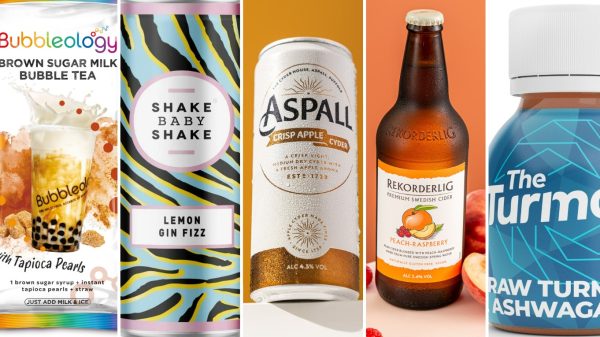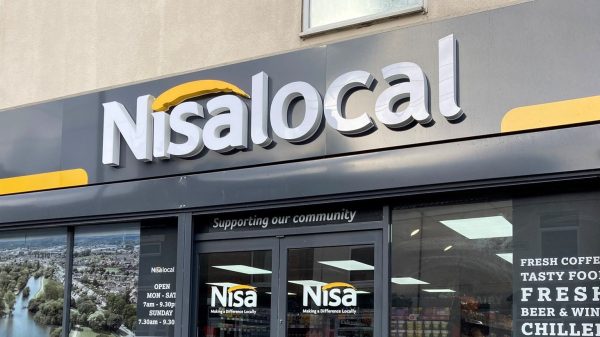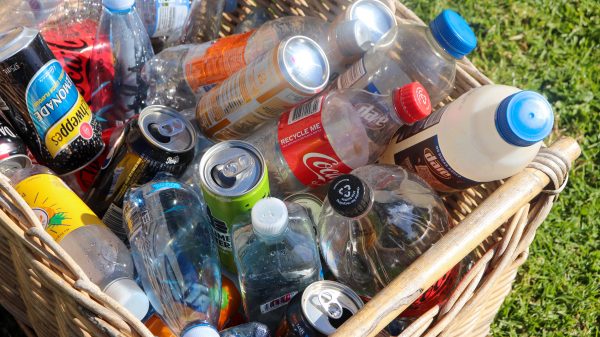Environmental campaigners, City to Sea are calling on big tea bag brands to stop using “compostable” and “biodegradable” terms unless their products meet the highest standards.
The greenwashing “AmnesTea” campaign comes as tea bags claiming to be “plastic-free” or “compostable” can often include bioplastics like polyactic acid which is a plant-based polymer biodegradable only in industrial settings, and can’t be domestically composted.
This also comes as City to Sea looks to welcome the recent move by Waitrose to launch certified own-brand home compostable tea bags which will prevent 4.5 million from going to landfill or incineration.
Subscribe to Grocery Gazette for free
Sign up here to get the latest grocery and food news each morning
“Waitrose has joined a small group of brands to make a tea bag that can be chucked into your home compost. This is very welcome. But this is the standard all tea bags should meet. Instead, customers are left with a near-impossible list of jargon to try and decipher,” City to Sea policy manager, Steve Hynd said.
As a result, the non-for-profit is calling for big-name tea bag brands to stop using “plastic-free” phrases unless their products meet the TUV OK compost HOME certification standards.
He said that “at the very least businesses need to meet the CMA standards.”
In 2021, the CMA launched guidance for business on making green claims, which states: “if a product will only biodegrade or compost in certain conditions, for example requiring specialist equipment or processes that are not commonly used, this should be explained. Otherwise, consumers are liable to assume the claim applies to the typical methods for disposing of the product.”
Hynd added: “Our advice to all of those who love a good brew is that until we get this clarity, drink loose tea wherever possible. If you need to buy tea bags look out for home compostable symbols.
“For your current tea bags, if you’re not sure what they’re made of, it’s best to rip them open, put the tea in the compost or food caddy, and then bin the bag. For now at least if you see words like “plastic-free”, “compostable”, or “biodegradable” assume you cannot home compost it.”










